News
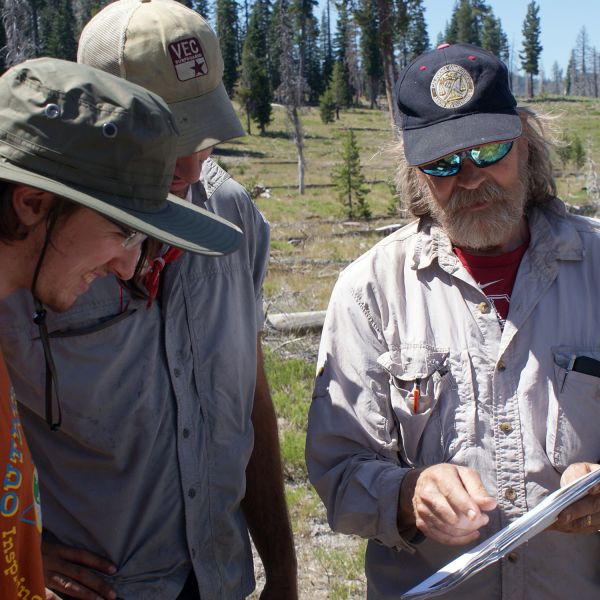
Sep 13, 2024
Taylor’s research legacy shines light on California wildfires, forest ecology
Alan Taylor, a recently retired and now professor emeritus of geography, spent decades researching West Coast landscape and fire ecology. He used ecological signals and human history to paint a picture of how forests changed over time.
Full Article
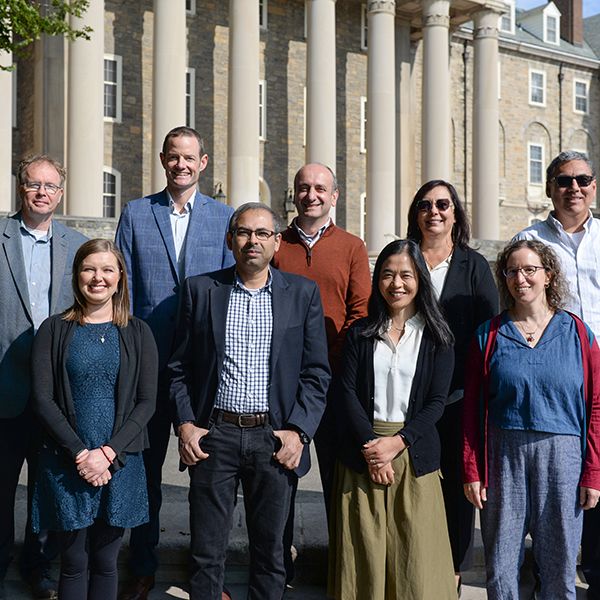
Sep 13, 2024
Nine researchers named Institute of Energy and the Environment Fellows
Nine Penn State researchers have been named fellows of the Institute of Energy and the Environment (IEE) for 2024. The program recognizes and assists the exceptional achievements and unparalleled research impacts of highly successful researchers in the areas of energy and the environment. Nominees for the fellowship were submitted by the University community.
Full Article

Sep 11, 2024
Three projects receive Huck Innovative and Transformational Seed Fund grants
Three potentially high-impact, high-risk research projects have been selected to receive seed funding for the latest round of the Huck Innovative and Transformational Seed (HITS) Fund initiative.
Full Article
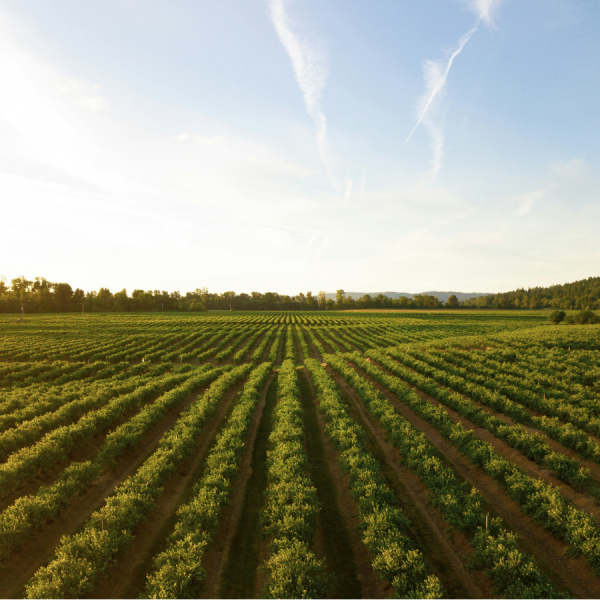
Aug 29, 2024
Research teams receive $1.1 million to study microbiomes in agriculture
Two Penn State-led research teams have received funding from the U.S. Department of Agriculture’s National Institute of Food and Agriculture for projects investigating the ways microbiomes — the microorganisms in a particular environment, such as in soil or a living organism — can affect disease dynamics in agriculture.
Full Article
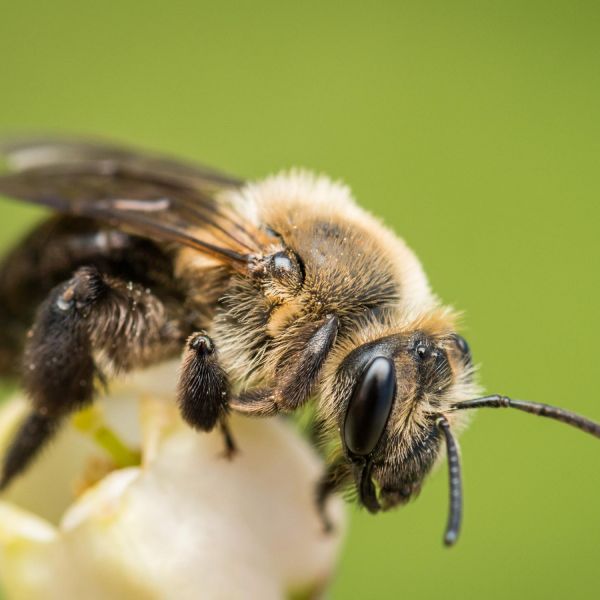
Aug 29, 2024
Volunteers record bee biodiversity and discover new species in Pennsylvania
A new study, recently published in the Annals of the Entomological Society of America, evaluated the efficacy of a monitoring program, finding that 26 trained program volunteers were more than twice as effective at documenting bee diversity than thousands of users of the photo-based app iNaturalist.
Full Article
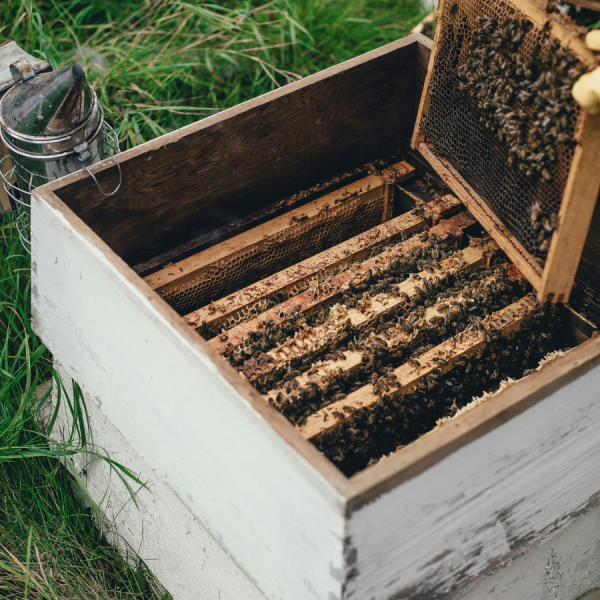
Jun 03, 2024
Combining pest treatments may be key to helping honey bees survive the winter
Winters can be tough on managed honey bee colonies, with beekeepers in the United States reporting that one-third of their colonies die each winter. A new study by Penn State researchers has found that using not one but multiple pest treatments may help bees make it to spring.
Full Article

May 30, 2024
Local disparities may prevent national vaccination efforts for rubella
When public health officials make policies about when and how vaccination programs are implemented, they must weigh the benefits and risks of how infectious diseases spread throughout the country. However, these analyses are often based on national-level data and, in some countries, may overlook nuances at the local level.
Full Article

Apr 17, 2024
Tracy Langkilde appointed interim executive vice president and provost
Tracy Langkilde, the Verne M. Willaman Dean of the Eberly College of Science, has been named interim executive vice president and provost of Penn State, effective April 15. Langkilde succeeds Executive Vice President and Provost Justin Schwartz, who has been named as the sole finalist for chancellor of the University of Colorado Boulder and will depart Penn State this summer.
Full Article
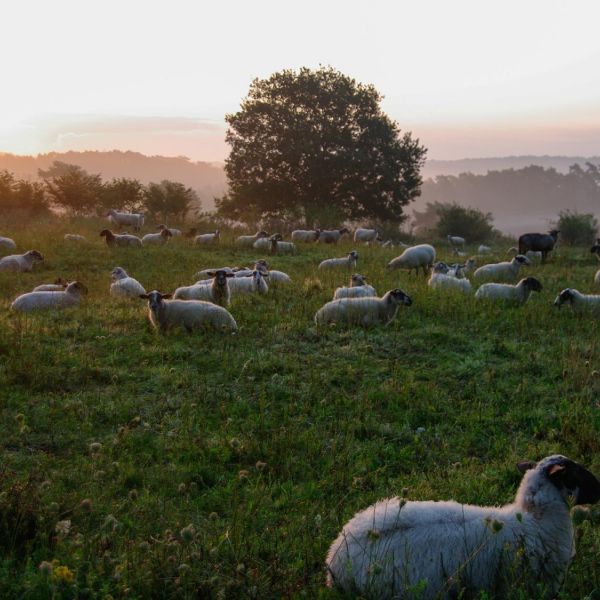
Feb 26, 2024
Temperature, humidity may drive future transmission of parasitic worm infections
As climate changes, temperature isn’t the only factor to influence the spread of infectious diseases. Humidity plays a role, too, according to new research published in Ecology Letters.
Full Article
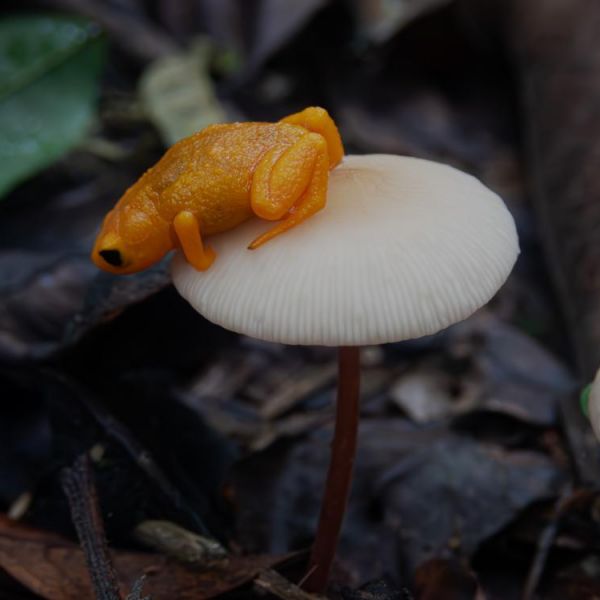
Feb 13, 2024
Drought may drive deadly amphibian disease, researchers find
Pumpkin toadlets are in trouble. Progressively severe droughts are disrupting the microbiomes of the thumbnail-sized orange frogs, potentially leaving them vulnerable to a deadly fungal disease, according to a new study by an international research team.
Full Article